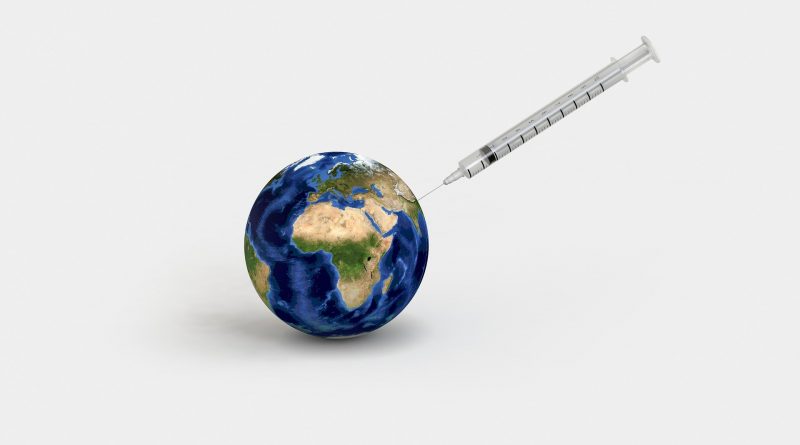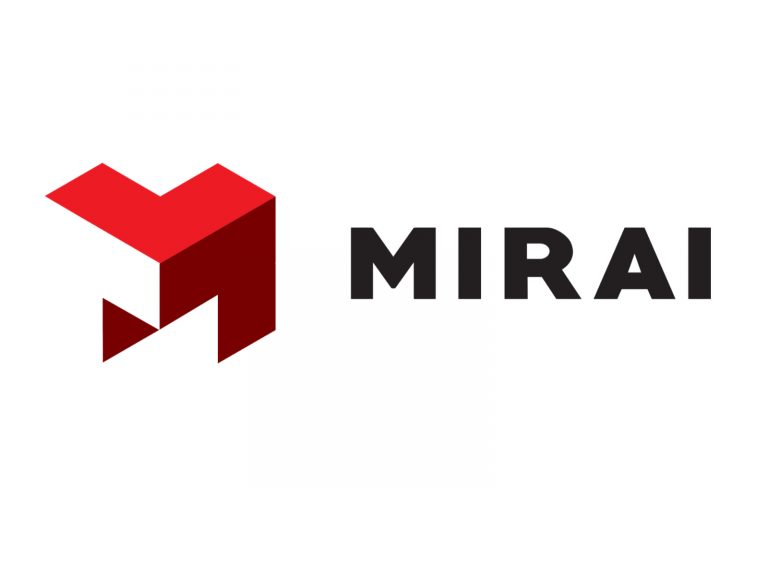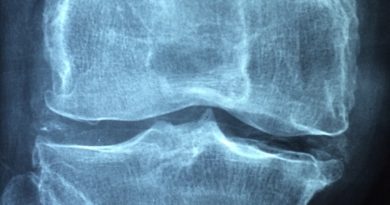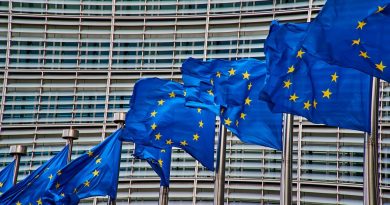Indian Drugmaker Cipla Gets Nod to Distribute Moderna’s COVID Vaccine
The path for India’s first mRNA vaccine import has been cleared with Cipla winning approval to distribute Moderna’s COVID-19 vaccine.
According to a senior government official, Indian pharmaceutical company Cipla Ltd has gained regulatory clearance to commercialize partner Moderna Inc’s COVID-19 vaccine in the country, opening the door for India’s first mRNA jab to be imported.
Moderna’s COVID-19 vaccine is the fourth granted with regulatory approval for use in India
Moderna’s vaccine is the fourth vaccine granted with regulatory approval for use in India, after AstraZeneca and partner Serum Institute of India’s Covishield, Bharat Biotech’s Covaxin and Sputnik V developed by Russia’s Gamaleya Institute.
Moderna announced on the 29th June that Emergency Use Authorisation for its COVID-19 vaccine was granted by the Government of India, tweeting:
Moderna has also received emergency (or other conditional, interim or provisional) authorization for use of its COVID-19 vaccine from health agencies in more than 50 countries and an Emergency Use Listing (EUL) from the World Health Organization (WHO).
“Our vaccine basket is now richer by this addition,” government official Vinod Kumar Paul said at a press conference on Tuesday, and announced that the government is still in negotiations with Pfizer about their vaccine.
Following a drop in coronavirus cases after a disastrous second wave of infections last month, India has stepped up efforts to vaccinate its 940 million adults, fearing a potential third wave of COVID-19 infection. In the two weeks since June 12, the government has delivered 61 million doses, which is more than the number of people who signed up for a shot during that time, showing significant distribution improvement after the second wave shortages. Officials from the government declined to comment on the cooperation between Moderna and Cipla or how the vaccine, which is based on messenger RNA technology, will be distributed.
Moderna’s Chief Executive Officer Stéphane Bancel said:
“I want to thank the government of India for this authorisation, which marks an important step forward in the global fight against the pandemic. Cipla is supporting Moderna with the regulatory approval and the import of vaccines to be donated to India, the company said in an email, adding that “at this stage, there is no definitive agreement on commercial supplies”.
To speed up its vaccination rollout, India canceled local studies for “well-established” foreign coronavirus vaccines in May, and authorities verified that the vaccine created by Moderna will not require so-called bridging trials.
Johnson & Johnson stated that it remains in negotiations with the Indian government to decide how to accelerate the distribution of its single-shot COVID-19 vaccine.
India’s cold-chain supply challenges
Because of its cold-chain demands and higher price tag, Anant Bhan, a senior researcher in health and bioethics, believes the Moderna vaccine, which must be maintained at minus 20 degrees Celsius (minus four degrees Fahrenheit), will not be widely used. Competing vaccines, like the Covishield vaccine, which is the most commonly used in India, may be stored at standard refrigerator settings of two to eight degrees Celsius (36-46 Fahrenheit).
Bhan told AFP news agency said:
“It’s primarily going to be used in the private health sector largely present in the cities. There, they can manage and build to meet some of its storage requirements.”
Moderna’s two-dose vaccine has been widely used in several regions including the United States and Europe, but because the injection requires cold storage, it may encounter cost and delivery challenges in India.
Vinod Kumar Paul said:
“Moderna is coming in ready-to-inject form as there is no manufacturing base. But we also hope, going into the future, Moderna should produce this vaccine on Indian soil.”
India has administered 331.1 million doses to date, which is higher than the total number of shots administered in the United States, but the country’s vaccination rate as a percentage of the population is significantly lower than in many other countries.
Recommended Companies
Ad
More Headlines








